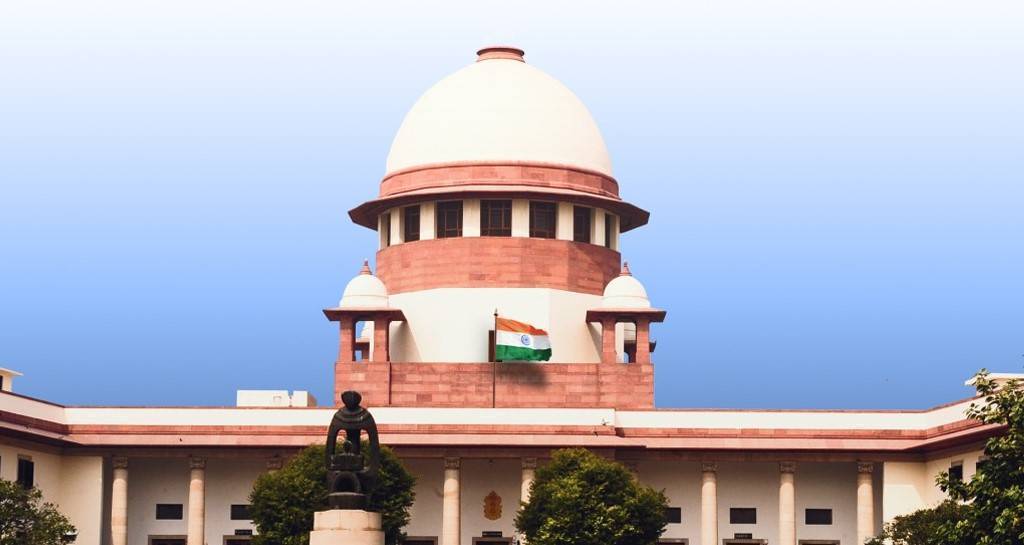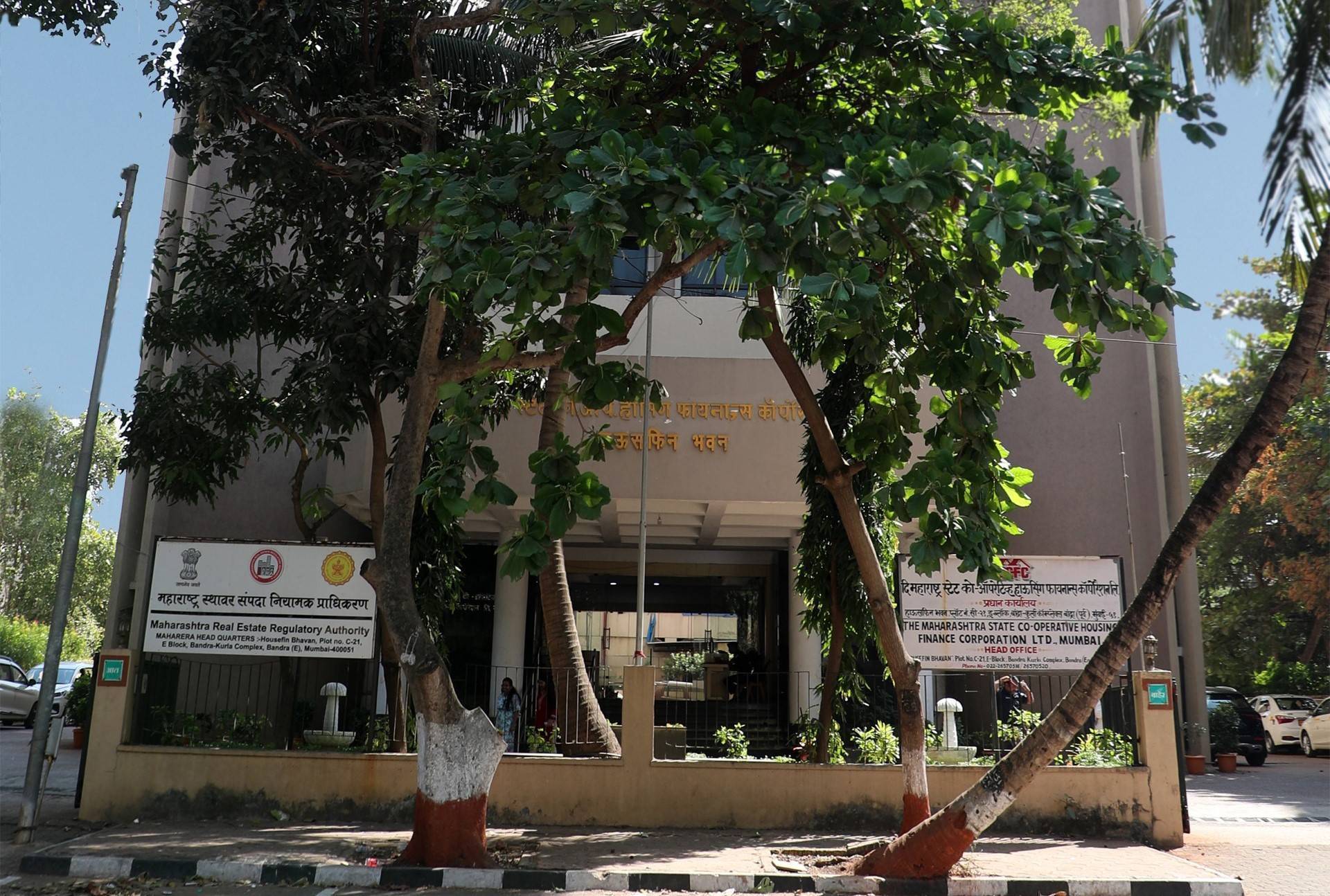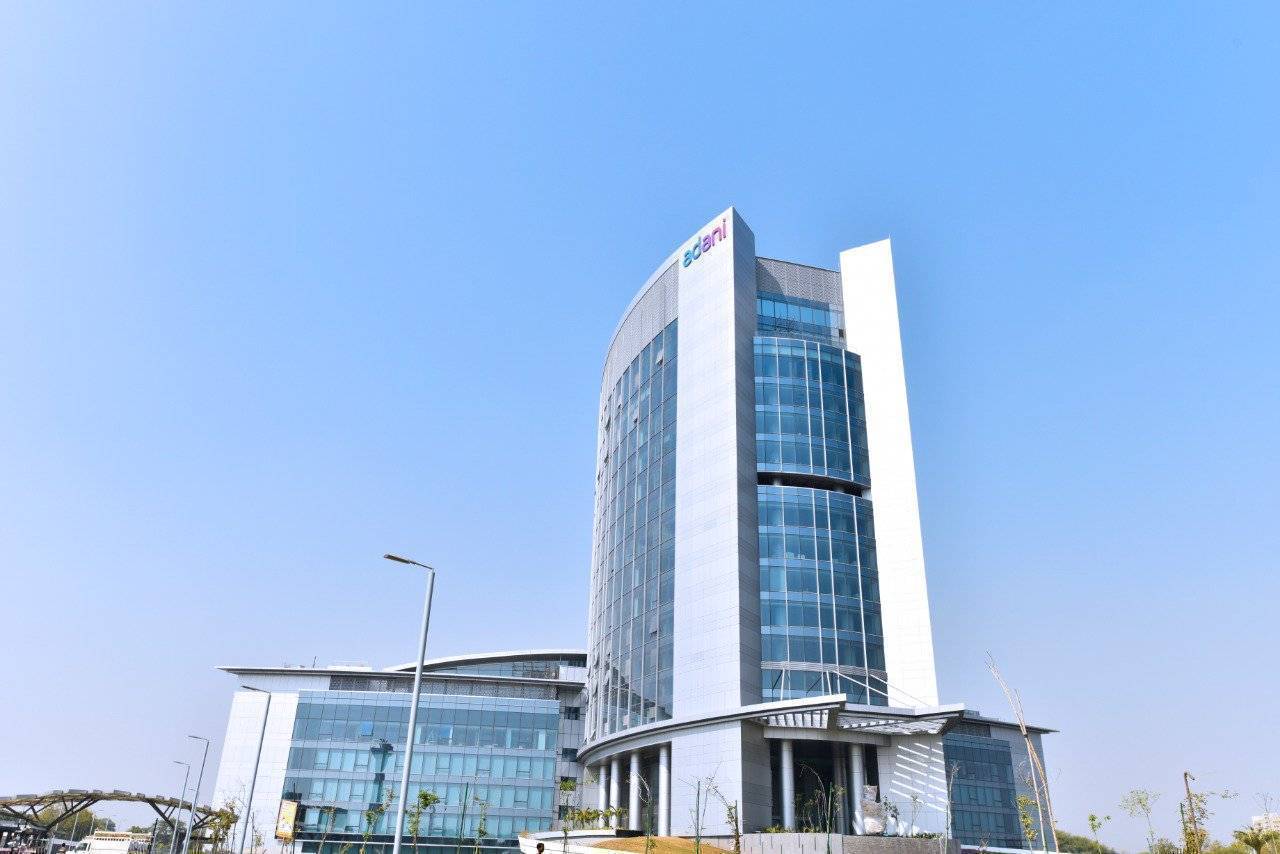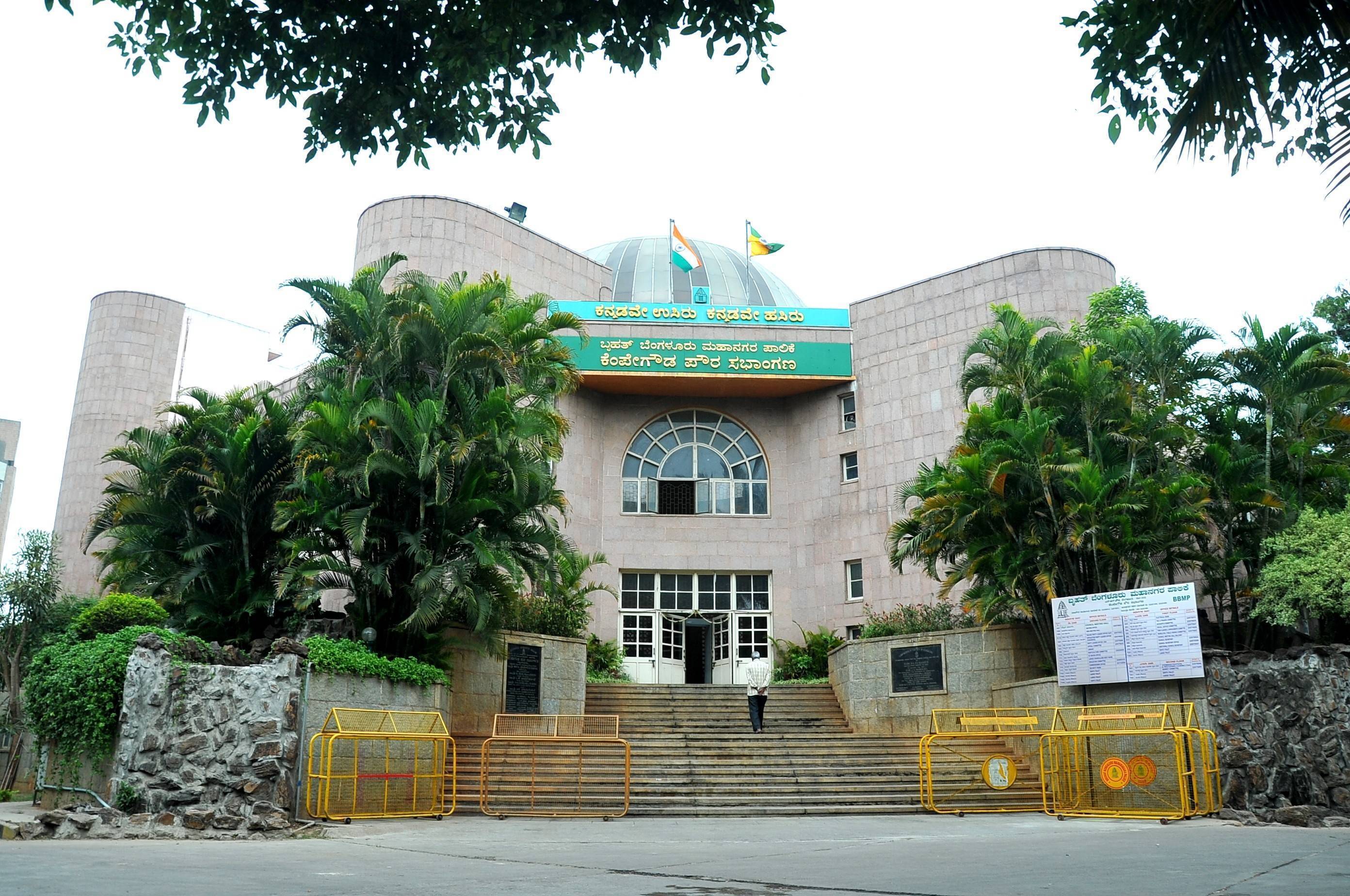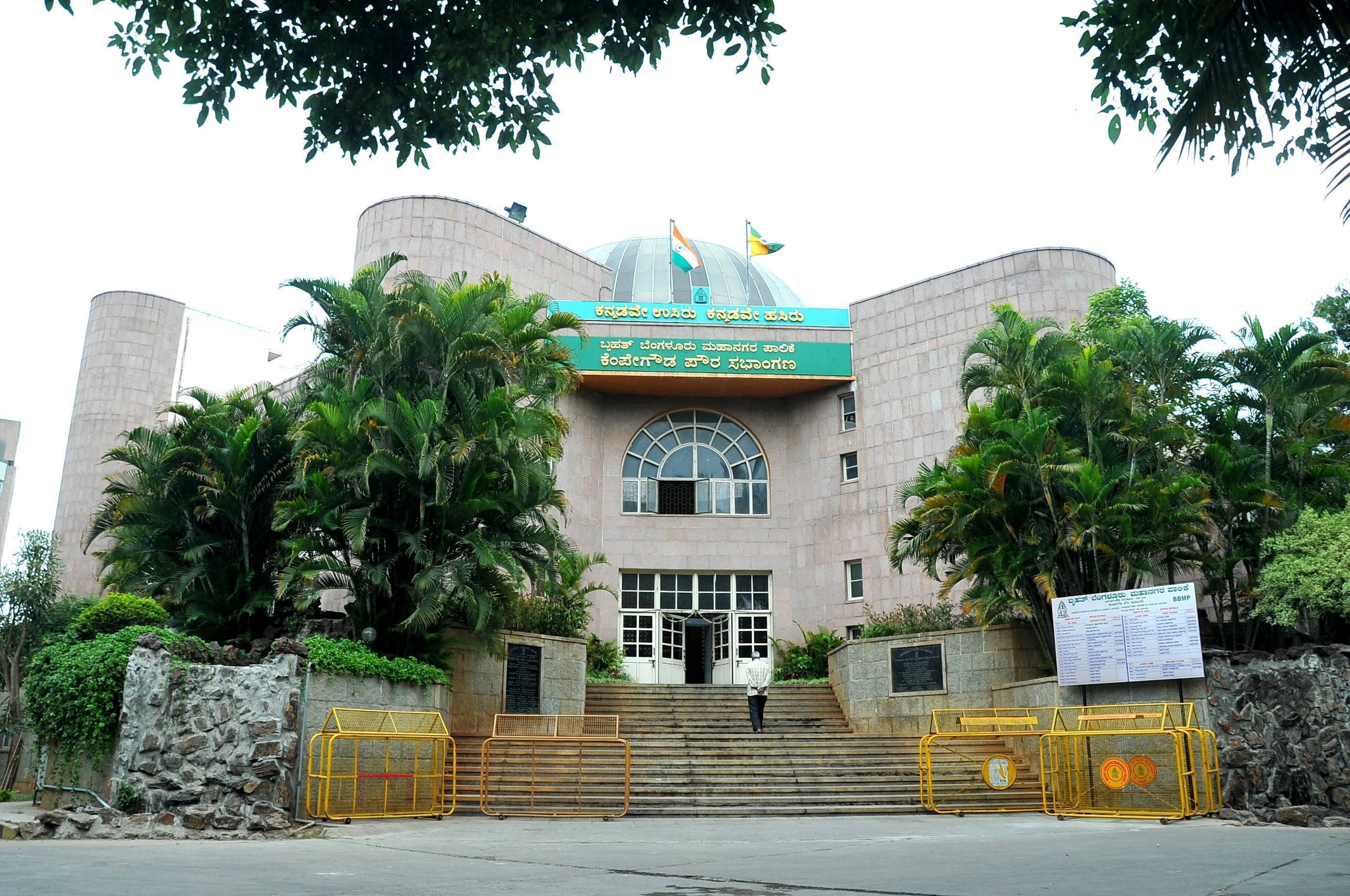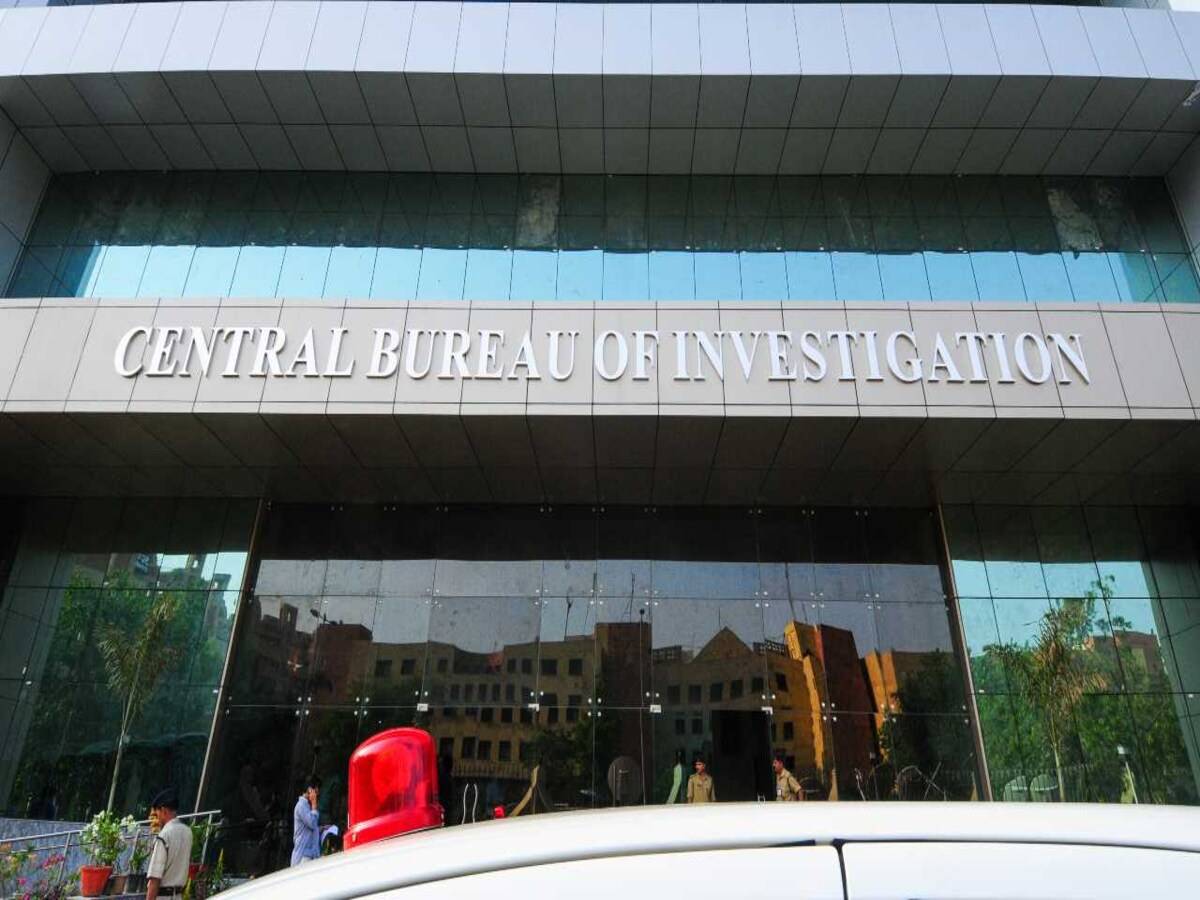In a significant verdict for real estate litigation, the Supreme Court of India has held that property developers or authorities are not obligated to reimburse homebuyers for the interest paid on home loans in the event of delayed project delivery. The apex court clarified that such reimbursements are not part of the standard contractual liabilities unless exceptional circumstances are proven.
The decision was delivered by a two-judge bench comprising Justices Sanjay Karol and Prasanna B Varale in a case involving a delayed residential scheme developed by the Greater Mohali Area Development Authority (GMADA). The bench emphasized that any compensation beyond what is contractually specified cannot be claimed unless the buyer establishes unusual hardship resulting from the delay.
Background of the Case
The case pertains to Anupam Garg, who booked a 2-BHK + Servant Room apartment in 2011 under GMADA's Purab Premium Apartments project located in Sector 88, Mohali. Garg paid ₹5.5 lakh as earnest money, representing 10% of the ₹55 lakh total consideration.
Following a successful allotment through a draw of lots in March 2012, a Letter of Intent was issued to Garg in May of the same year. The document outlined the financial terms, timeline for possession, and other conditions, including a provision for refund with 8% interest in case of delay. Possession was promised by May 2015.
With progress on the site lagging, Garg sought a refund in 2016. Upon GMADA’s refusal, he approached the Punjab State Consumer Disputes Redressal Commission. In 2018, the Commission ruled in Garg’s favour, ordering GMADA to return the principal with 8% interest, pay ₹60,000 for mental harassment, ₹30,000 towards litigation costs, and reimburse the home loan interest.
This decision was upheld in 2019 by the National Consumer Disputes Redressal Commission (NCDRC), prompting GMADA to approach the Supreme Court.
Supreme Court’s Findings
The apex court partially overturned the rulings of the consumer forums. While it upheld the compensation in terms of interest on the principal and other awarded sums, it struck down the reimbursement of the home loan interest.
The bench referred to legal precedents including the case of Bangalore Development Authority v. Syndicate Bank. It stated that damages or compensation are generally governed by the terms of the agreement between the buyer and the developer. Unless a contract provides for reimbursement of loan interest, such a claim cannot be allowed by default.
In its reasoning, the court observed that developers are not required to account for how buyers finance their purchases. Whether a buyer pays using personal savings or via bank loans is not relevant to the obligations of the builder, which are limited to delivery of possession or refund as per the contract.
The court also noted that unless a buyer is able to prove that the delay caused extraordinary financial distress or that the builder acted fraudulently or negligently, there is no scope for awarding loan interest reimbursement as part of compensation.
Clarifying Contractual Limits
Legal experts said the ruling reaffirms the centrality of written agreements in determining rights and liabilities. Yudhist Narain Singh, a senior partner at YNS and Associates, noted that the judgment highlights how compensation must relate to the specific terms agreed between parties.
Yogendra Aldak, partner at Lakshmikumaran & Sridharan Attorneys, explained that the court has drawn a distinction between the loan agreement and the sale agreement. Since the home loan is a contract between the buyer and the bank, and not the developer, any obligations arising from it cannot be transferred to the developer unless explicitly covered in the sale contract.
Aldak also said that the Consumer Protection Act provides for compensation in cases of deficient services, but only for damages that are a direct result of the deficiency. Loan interest, being an outcome of the buyer’s independent financial decision, does not fall under this category in the absence of exceptional hardship.
What Counts as ‘Exceptional Circumstances’?
The judgment leaves room for awarding loan interest reimbursement in rare cases. Such circumstances could include situations where the buyer proves severe financial stress due to prolonged delays or where the developer has intentionally delayed the project.
Legal interpretations suggest that courts may consider this route if it is demonstrated that the buyer was misled into purchasing the unit under false pretenses or that a financial institution colluded with the developer in a fraudulent scheme.
In the present case, the court found no such evidence and maintained that compensation under the contractual terms—refund with 8% interest and other incidental costs—adequately addressed the buyer’s grievance.
The ruling provides clarity on the financial liabilities of real estate developers and sets a precedent for similar disputes involving refund claims. It underscores the importance for buyers to review contractual terms carefully and be aware that developers cannot be held accountable for financing-related burdens unless explicitly agreed.
For developers and authorities like GMADA, the verdict offers legal protection from claims that go beyond the scope of project agreements. It also reinforces the view that compensation must be commensurate with contractually acknowledged responsibilities.
By partially allowing GMADA’s appeal, the Supreme Court has provided a structured interpretation of buyer-developer obligations, helping define the limits of consumer protection in real estate transactions.
Image source- sci.gov.in

